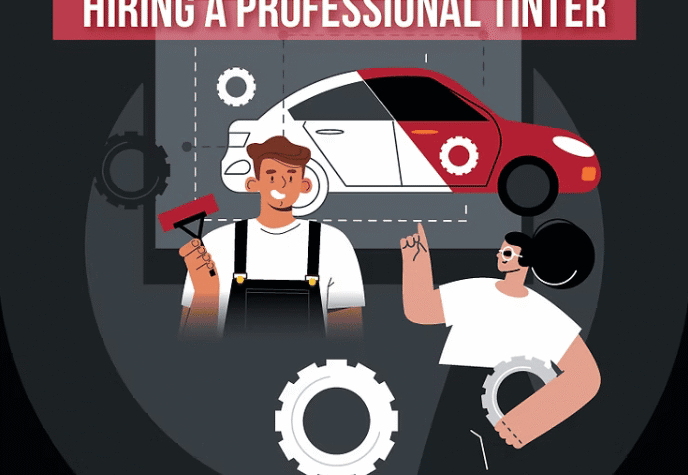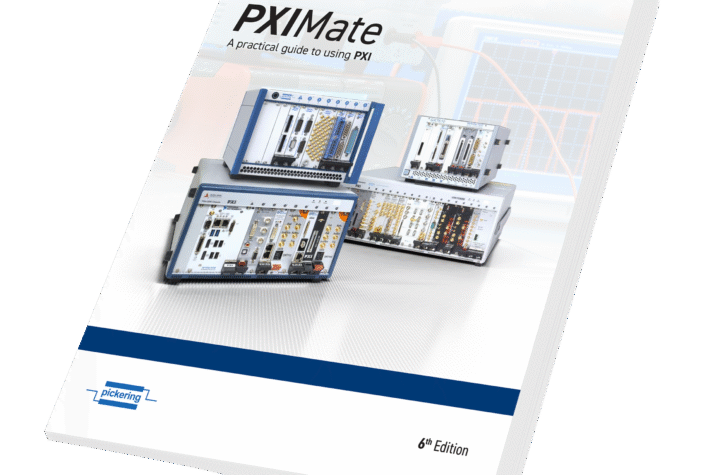
The “creativity†of component suppliers is key to the future of Mercedes Benz, according to Frank Deiss, Vice-President and Head of Material Purchasing at Mercedes Car Group. He was interviewed by Nick Palmen.
Automotive Industries (AI): Everybody is talking of an increase in systems and module-volumes. Do you see an increase of modular outsourcing in the future or would you prefer to keep core competences in-house?
Deiss: At Mercedes-Benz, our primary objective has always been to strengthen our core competences in innovation and technology. We focus on areas such as safety, power-train and driving comfort. But we also rely on the creativity of our suppliers, because their ideas for innovations – technological and in terms of processes – are very valuable to us. Mercedes-Benz has a history of working very closely with its suppliers to bring industry-leading innovations to the market. In this context, I see my purchasing team as a link and moderator between our research and development team and our supplier community.
AI: How important is it for MB to have a global procedure for all important strategic and sourcing decisions?
Deiss: Material purchasing for Mercedes-Benz passenger cars is part of DaimlerChrysler’s fully integrated global procurement and supply organization, led by Tom Sidlik, who is also a member of DaimlerChrysler’s board of management. This is important for us and has many advantages. For starters, all of our purchasing decisions are based on four value drivers: quality, technology, logistics (supply) as well as cost. The joint purchasing activities of DaimlerChrysler have also been significantly enhanced over the last few years. They are based on a lead-buyer concept, where one purchasing manager coordinates one material group. In addition, we have decided that for certain material groups, we use integrated world-wide purchasing responsibility within DaimlerChrysler. One example is the purchasing of leather for DaimlerChrysler world-wide, which is lead by one buyer on my team.
AI: Is the new production development process going to increase the standardization of components and solutions?
Deiss: We have developed a standardization strategy to increase the number of standardized and integrated parts. There are two reasons why this is the right approach: on the business side, we gain important cost-related benefits. But we also ensure more stable and less complex production processes at our suppliers, which in the end further increases overall quality. Let me give you an example: for the climate system for future generations of the C- and E-Class, we are using components that have standardized configuration. This allows us to have a very stable production process while allowing suppliers to realize significant economies of scale. Of course, these are real advantages for us as well as our supplier.
AI: You became head of purchasing for the Mercedes Car Group on July 1, 2005. What has been your approach so far?
Deiss: The main factor is to agree on the same direction – internally and externally – and to work towards the same goals with engineers, purchasing managers and our suppliers. It is the only way we can succeed in this competitive environment. We will continue to work together in an environment of openness and transparency. Over the last few months, we have done this and we will continue to do so. I am placing a great deal of value on the word “together†because success depends on healthy and trustful partnerships.
AI: The R-Class shares many suppliers with the M-Class. Which suppliers have impressed you most recently?
Deiss: At DaimlerChrysler, we honor outstanding suppliers through our Global Supplier Award, which we award every year in a variety of categories. Suppliers with the Mercedes Car Group, the Chrysler Group and the Commercial Vehicles Division which have an annual business volume of over EUR1 million are eligible. As in our sourcing decisions, we also pick the winners of the award based on the performance measures of quality, systems cost, technology and supply.
For 2005, the awards went to Johnson Controls, USA, (Category: Interior); Gentex Corp, USA, (Exterior); Mubea, Germany (Chassis); Yazaki Corp, Japan, (Electrical/Electronics); Denso Corp, Japan, (Powertrain); Dell Inc, USA, (General Goods and Services); NYK Line, Japan, (Logistics); and Marposs, Italy, (Manufacturing Goods and Services).
AI: Will there be a new class of Mercedes models in the near future?
Deiss: We just celebrated the world premiere of the all-new GL-Class at the Detroit Auto Show. Like the M- and R-Class, the GL-Class is built in Tuscaloosa, Alabama. It is the first large-size SUV for seven passengers from the Mercedes-Benz brand. Last year, we launched four new models – B-, R-, M, and S-Class – the most ever for Mercedes in one year. It is our company’s policy not to comment on future products – we prefer to surprise the market.
AI: What do you think will be the dominant trend in the car sector in the years ahead?
Deiss: The pressure from global competition on delivering top-notch products in terms of quality and consumer appeal – while keeping cost under control – will continue to increase. Those that will be able to optimize their processes and cost, while maintaining quality will lead the industry. We are very much focused on achieving this operational excellence.












More Stories
Sonatus – The industry is shifting gears to software
Cybord warns of dangers of the stability illusion
HERE building trust in ADAS systems